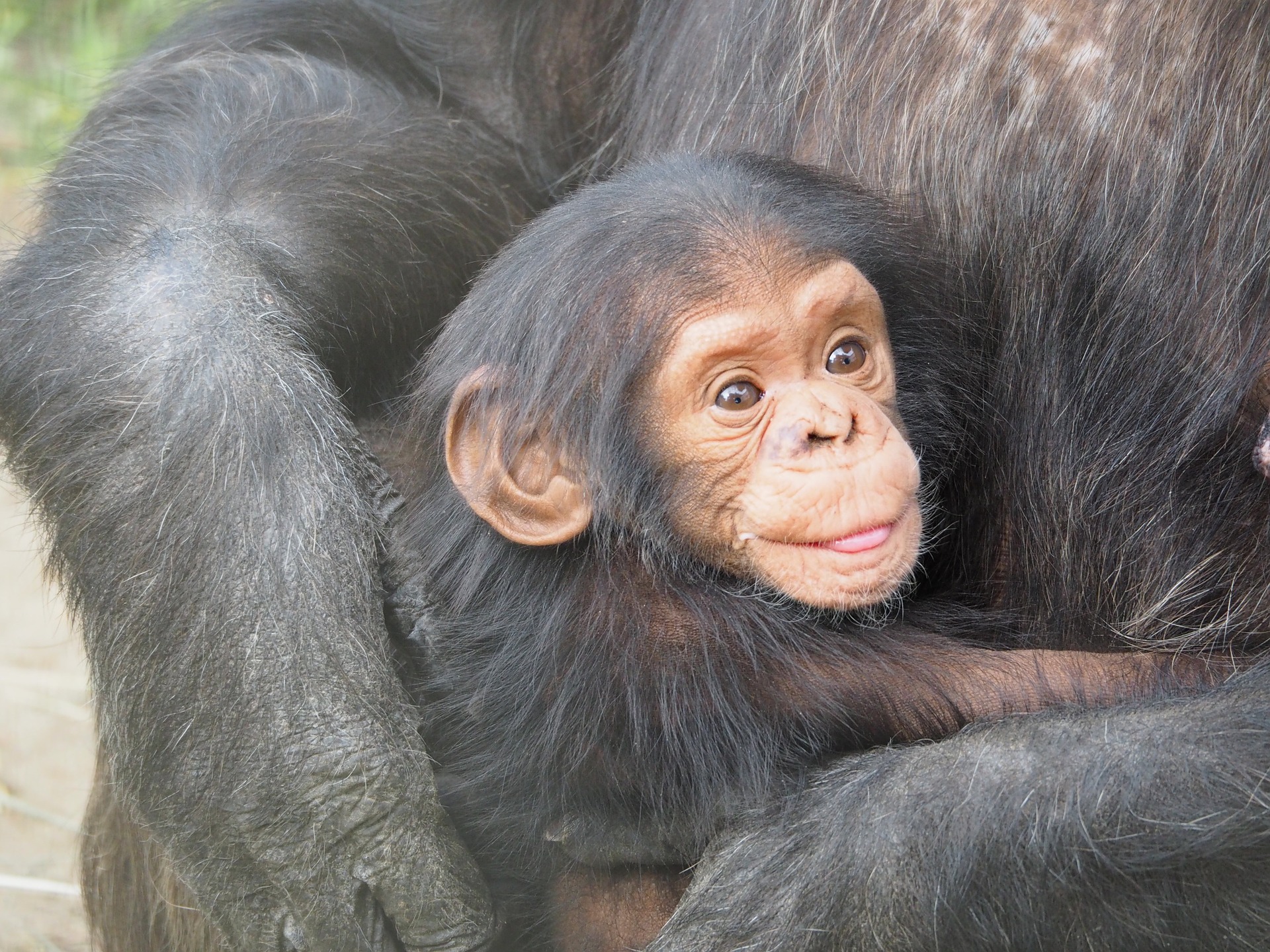Animal rights activists, rejoice!
After years of exposure to harmful chemicals and pathogens for testing purposes, the National Institutes of Health is retiring chimpanzees from its governmental medical research experiments.
Cathy Spraetz, the director of a chimpanzee sanctuary in Lousiana called Chimp Haven, was pleased to announce that as many as 300 chimps will be retired and transferred to her facility over the next two to three years. “It’s fabulous”, she said. “We’re overjoyed”.
In a 2013 decision, the NIH originally planned on retiring all but 50 chimpanzees for biomedical research. Dr. Francis S. Collins, director of the NIH, said that after about two years, the need for the chimpanzees was ultimately deemed unnecessary, leading the revisal of their original stance.
We find no evidence that there is a need to continue to do research of an invasive sort on chimpanzees, not now and not going into the future.
According to The New York Times, the decision to came after an independent assessment in 2011 investigated the “benefits” of chimpanzee biomedical research and found issues that led to a sizable retirement of their chimps and stricter requirements for the ones remaining.
Perhaps the more significant factor leading to the decision was the classification of all chimps as endangered made back in June. The designation acts as a roadblock for researchers who now need to apply for permits to continue their research on chimps, which are now protected under the Endangered Species Act.
Dr. Collins said that it became clear they would have to move past chimpanzee research after those two incidents. “We have moved on beyond the time when research on chimpanzees was considered essential”, he said.
Spraetz expressed some concern that the chimp influx to Chimp Haven might be overwhelming as her facility will need to be expanded in order to accommodate the hundreds of new animals. CNN reported that government may provide some aid to cover the cost, but her main source of funding is expected to be through campaigns beginning early next year.
The animals are expected to be transferred from the NIH research facilities to Chimp Haven by the end of 2016.
























